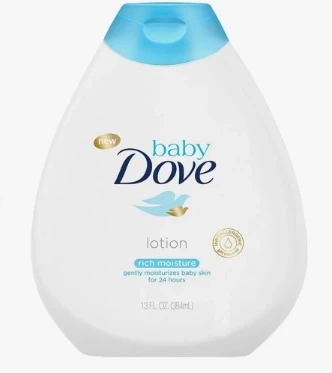Caring for baby doves requires meticulous attention to their living environment and personal hygiene. Maintaining a clean and safe nest is crucial for their growth and well-being. In this comprehensive guide, we\'ll explore the essential steps to clean the nest and care for baby doves daily.
Baby Bathing
One of the most important aspects of caring for baby doves is ensuring their cleanliness. Gently bathing the babies is a delicate task that requires a gentle touch and the right approach.
To bathe a baby dove, start by preparing a shallow dish or container filled with lukewarm water. The water should be just deep enough to cover the baby\'s feet, but not so deep that it could drown. Carefully lower the baby into the water, supporting its body and avoiding any sudden movements.
Use a soft, clean cloth or sponge to gently wipe down the baby\'s feathers and skin. Avoid getting water in the baby\'s eyes, ears, or nose. After the bath, carefully pat the baby dry with a clean, soft towel, taking care not to rub the feathers the wrong way.
Baby Skin Care
In addition to bathing, it\'s important to monitor the baby dove\'s skin for any signs of irritation or infection. Gently inspect the skin for any redness, swelling, or unusual discharge.
If you notice any skin issues, consult a veterinarian or experienced wildlife rehabilitator for guidance on the appropriate treatment. Avoid using any over-the-counter skin care products on the baby, as they may be harmful.
Baby Hair Care
While baby doves don\'t have hair in the traditional sense, their feathers require special attention to maintain their health and appearance. Gently brush the baby\'s feathers with a soft-bristled brush or comb, taking care not to pull or tug on them.
If you notice any matted or tangled feathers, carefully work them out with your fingers or a pair of clean, sharp scissors. Be extremely cautious when trimming feathers, as they are delicate and essential for the baby\'s development.
Cleaning the Nest
Maintaining a clean and hygienic nest is crucial for the health and well-being of baby doves. Here\'s how to properly clean the nest:
- Frequency: Clean the nest daily, or more often if it becomes soiled.
- Supplies: Gather a clean, soft cloth, warm water, and a mild, bird-safe cleaning solution.
- Nest Preparation: Gently remove the baby doves from the nest and place them in a secure, warm container nearby.
- Cleaning: Lightly dampen the cloth with the cleaning solution and gently wipe down the nest, removing any droppings, spilled food, or other debris. Avoid getting the nest too wet.
- Drying: Use a clean, dry cloth to absorb any excess moisture and ensure the nest is completely dry before returning the baby doves.
- Bedding: Replace the nest\'s bedding, such as soft, clean paper towels or a layer of shredded paper, to provide a fresh, comfortable surface for the babies.
- Disinfection: Once a week, use a diluted bleach solution (1 part bleach to 10 parts water) to disinfect the nest and surrounding area. Rinse thoroughly and allow to air dry completely before returning the babies.
Remember to handle the baby doves with the utmost care and gentleness during the cleaning process. Avoid any sudden movements or loud noises that could startle or stress the babies.
Related Baby Care Brands in Angola:
Conclusion
Caring for baby doves requires a delicate balance of cleanliness, hygiene, and gentle handling. By following these guidelines for bathing, skin care, hair care, and nest cleaning, you can help ensure the health and well-being of these fragile creatures. Remember to always consult with a veterinarian or experienced wildlife rehabilitator if you have any concerns or questions about the care of your baby doves



